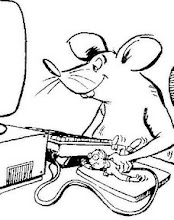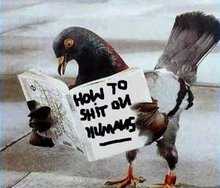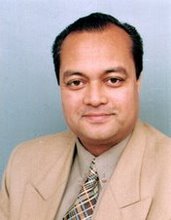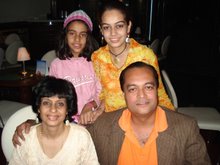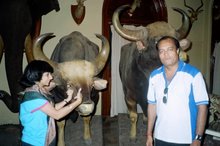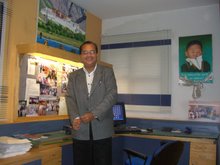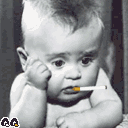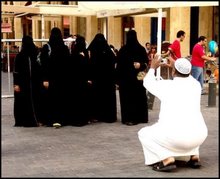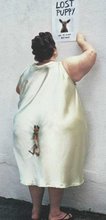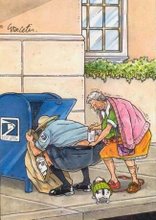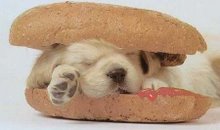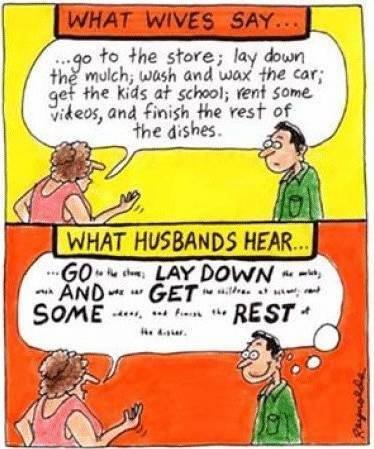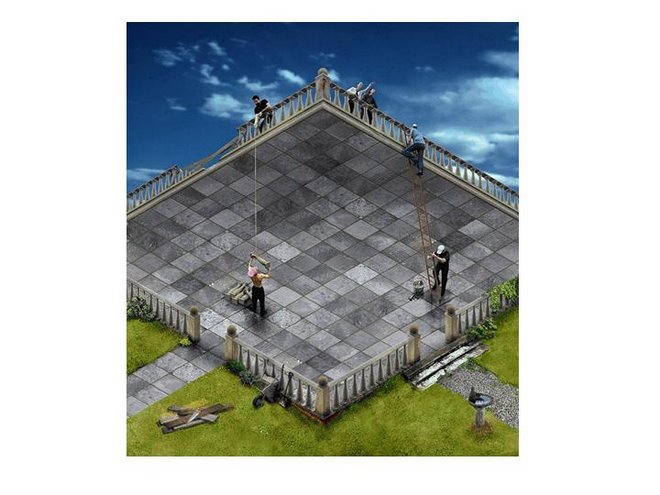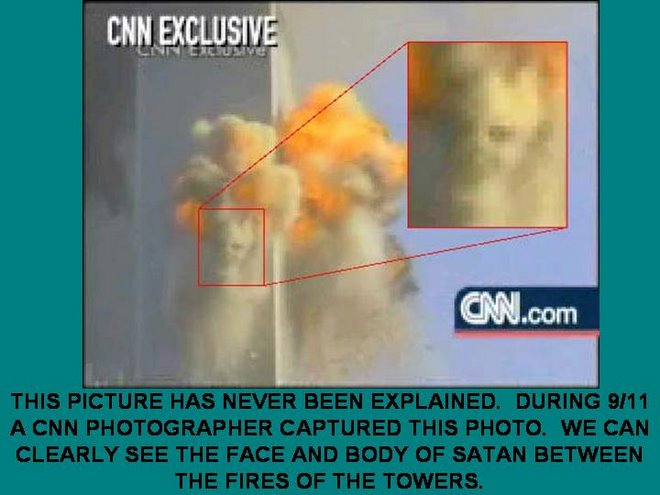Courtesy: Forbes.com
Working 65-hour weeks at a shoe factory in Maine, Ray LaMontagne never envisioned a second life as a famed musician. The assembly line worker never particularly liked music; never played a musical instrument. Until one morning when his radio alarm clock woke him at 4 a.m. to the tune of Stephen Stills' "Tree Top Flyer."
LaMontagne took the day off to hunt the song down at his local record store--where he spent the entire day engrossed in Stills' album. Soon, he was trading in his VW bus for an acoustic guitar and teaching himself to play the whole album. He took a crack at Bob Dylan, Neil Young, Otis Redding and eventually his own songs. At 30, he quit his day job to plunge into music full time. The result? The shy, former factory worker from Maine now has a deal with RCA Records, three studio albums, over a million records sold and a reputation as one of the most talented singer-songwriters of a generation.
When the author F. Scott Fitzgerald wrote "There are no second acts in American lives," he was wrong. Second acts are not only possible, but some of America's biggest celebrities owe their fame to them.
Take character actor Dennis Farina. There's a reason he played such a convincing detective on Law & Order: He studied the role for 18 years on the Chicago police force--first as cop, then as detective.
Farina never even considered an acting career until he started working overtime as police-consultant to director Michael Mann. In 1981, Mann asked Farina, then 37, to play a small part in his film Thief. Soon, Farina was moonlighting in local theater productions. Five years later, he was taking small roles in Mann's Crime Story series and a role as mobster on Mann's other show Miami Vice. That led to countless similar roles in action films, including Midnight Run, Get Shorty and Snatch.
The luckiest role Harrison Ford ever landed was a job as a cabinet maker. For 15 years, Ford toiled as a carpenter--working as a stagehand for The Doors, building sound studios for Sergio Mendes and making cabinets for George Lucas, then a lesser-known producer. Then, like something out of a movie, Lucas offered his carpenter a tiny role in the film American Graffiti. Later, as Lucas gained notoriety--and needed a larger office--he hired Ford to do the construction work. One day in the office, Lucas asked Ford to read lines for absent actors on his new film, Star Wars. The impromptu performance won over Stephen Spielberg, who offered Ford the lead role. Star Wars became the highest-grossing film in history, and Ford began a long second act in Hollywood.
Sometimes stars can earn themselves not just a second, but also a third act. Long before California Governor Arnold Schwarzenegger became the "Governator," he was a well-established bodybuilder. On switching to acting, he has said, "I was told by agents and casting people that my body was 'too weird,' that I had a funny accent and that my name was too long. You name it, and they told me I had to change it." His third act in politics seemed even more improbable, but Schwarzenegger managed to win California's 2006 recall election and re-election in 2008. With his term limit up in 2010, the Arnold "will be back"--doing what exactly, though, is hard to predict.
The most recent Hollywood second act probably belongs to actor Mickey Rourke, whose Oscar-nominated performance in The Wrestler-- after some 15 years off-screen--is widely regarded as the year's greatest comeback. But acting has always been a second act for Rourke, whose first love was boxing. As a kid in Miami, Rourke boxed at the same gym that Muhammad Ali trained. At 17, he fought Luis Rodriguez, then the top-ranked middleweight in the world. By the time a concussion forced Rourke from the ring in 1971, he'd won 20 boxing matches--17 by knockout. Only later, on hiatus from boxing, did Rourke catch the acting bug, after stepping in for an actor in a friend's play.
In The Wrestler, Rourke plays Randy "The Ram" Robinson, an older wrestler groping for his comeback. The comparisons to his own life are clear and show audiences that sometimes the best comebacks aren't comebacks at all. They're second acts.
Friday, March 6, 2009
Subscribe to:
Comments (Atom)

